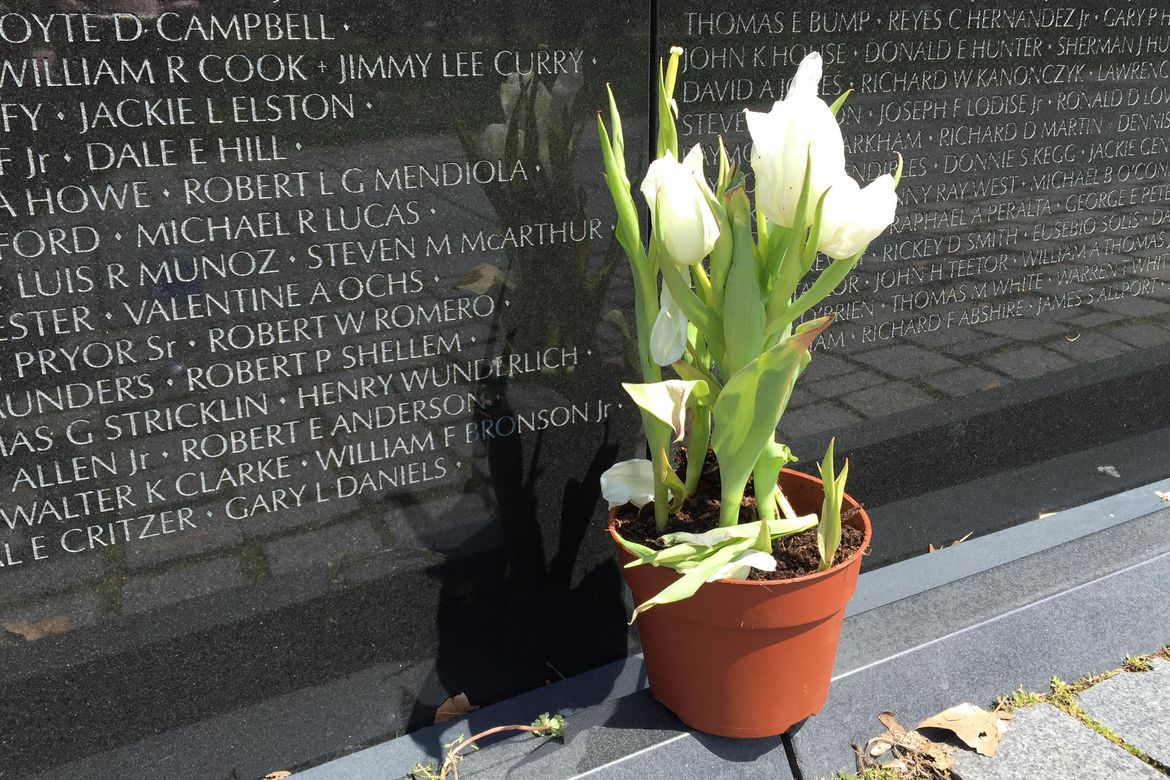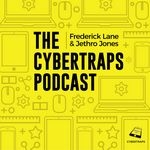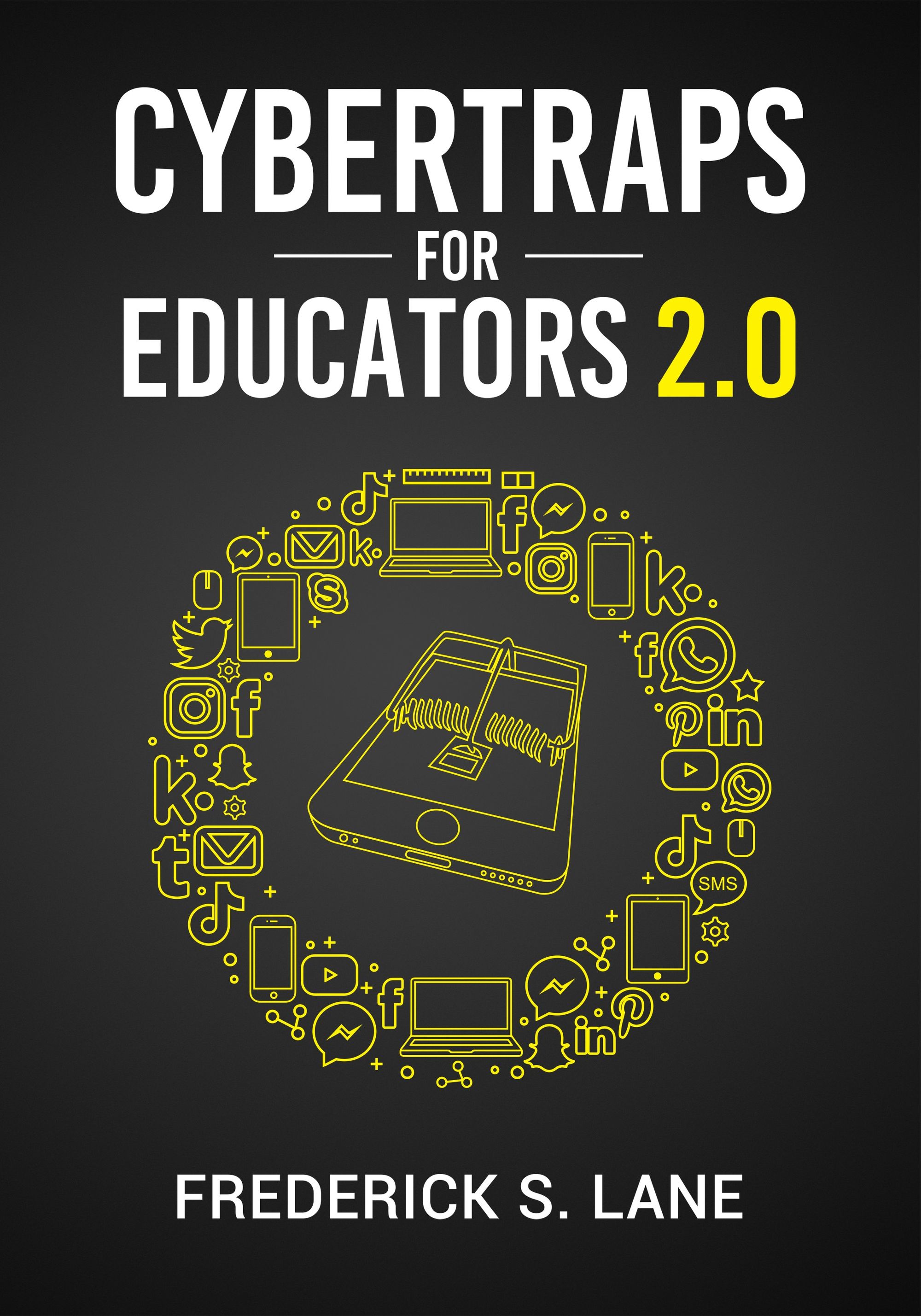Share this news on:
Previous
31 May 2022
1 min read
TCP Episode 128 -- When You're Curious, You're Learning, with Greg Behr and Ryan Rydzewski
Next
06 Jun 2022
5 min read

















Leave a comment